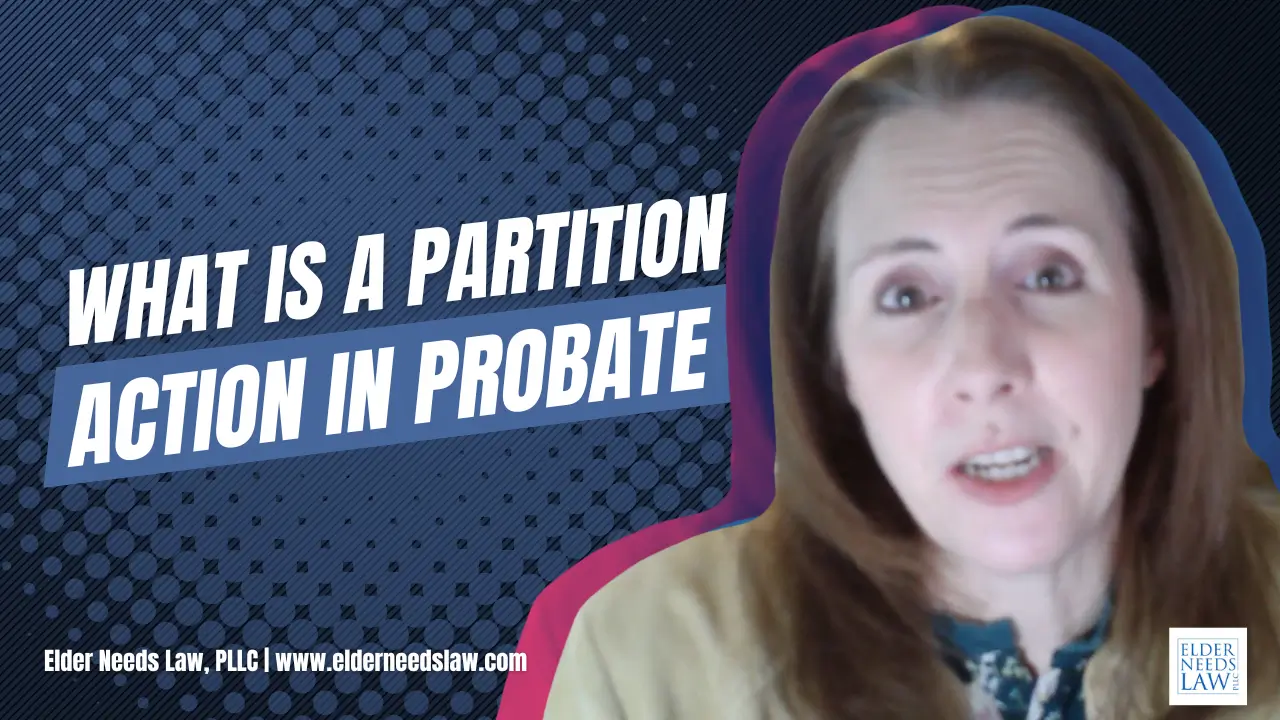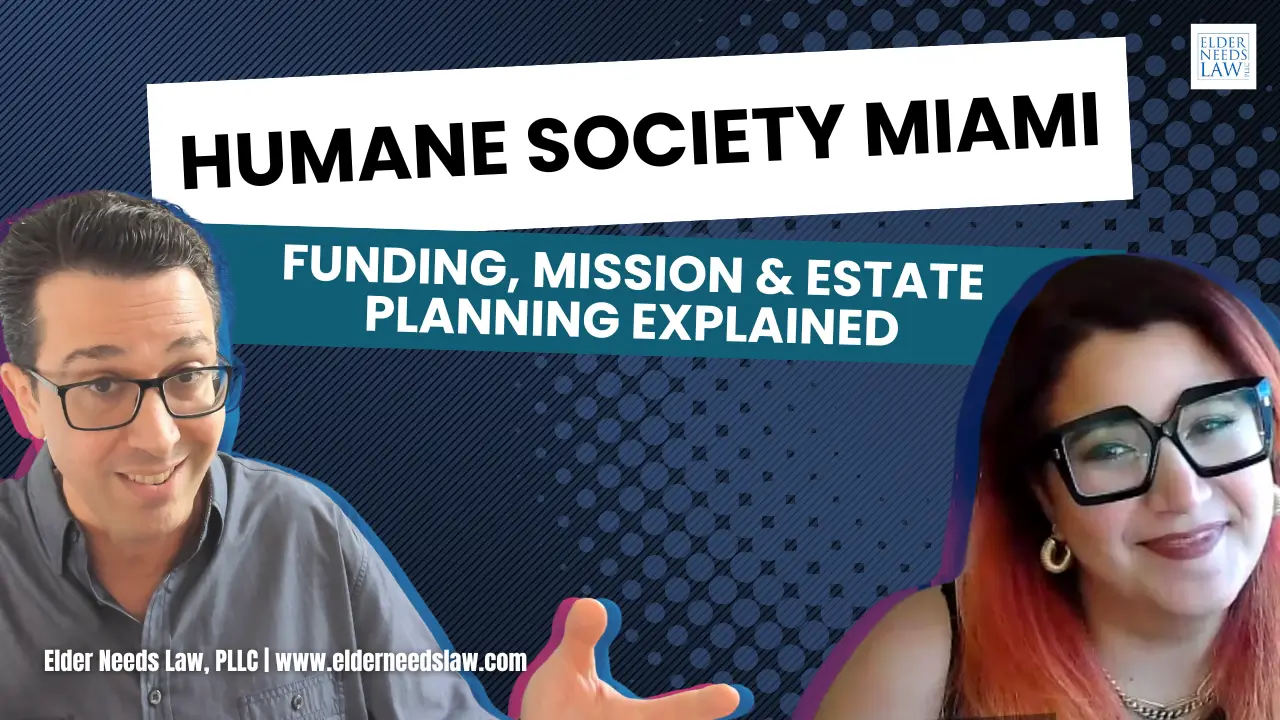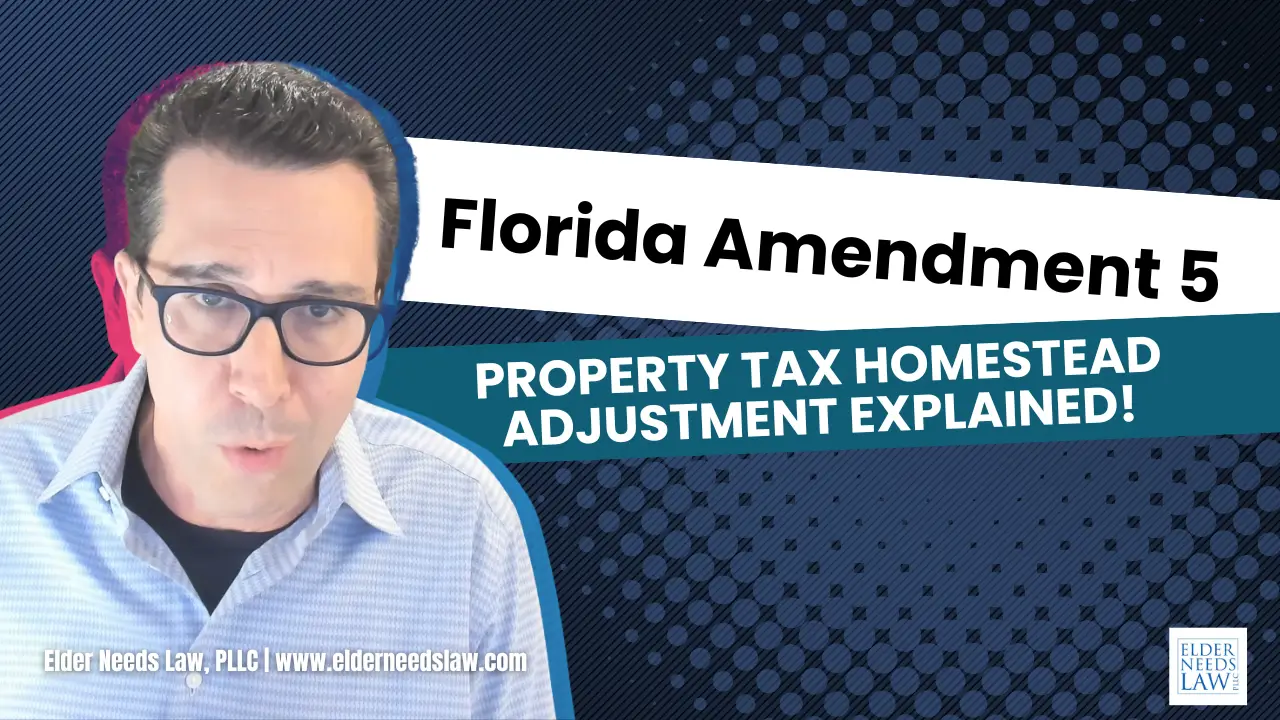Florida Partition Lawsuits: What Happens When Heirs Can't Agree on Inherited Property

When family members inherit property together, disagreements can quickly turn into costly legal battles. Here's what you need to know about Florida partition lawsuits and how proper estate planning can prevent them.
The Reality of Shared Property Inheritance
Picture this scenario: After your parent passes away and the probate process concludes, you and your siblings suddenly find yourselves co-owning the family home. One sibling wants to sell immediately to get their share of the inheritance. Another hopes to turn it into a rental property for ongoing income. The third sibling has sentimental attachment and dreams of moving back into the childhood home.
This situation happens more often than you might think. When real property passes through probate in Florida, ownership frequently transfers directly to multiple beneficiaries, creating what's called "tenancy in common." While this might seem straightforward on paper, the reality of shared ownership often becomes complicated when family members have different visions for the property.
What Is a Partition Lawsuit?
Under Florida law, when property owners cannot reach an agreement about their shared real estate, any co-owner has the right to file a partition lawsuit in circuit court. This legal action forces the end of joint ownership, whether the other owners want it or not.
The partition process works differently depending on the type of property involved:
For Large Parcels of Land: When dealing with substantial acreage or multiple lots, the court can literally divide the property into separate parcels. Each owner receives their own piece of land based on their ownership percentage, eliminating the need for continued cooperation.
For Single-Family Homes: You cannot physically divide a house sitting on a standard residential lot. In these cases, the judge orders the property to be sold, and the proceeds get distributed among the owners according to their ownership percentages.
The Financial Reality of Partition Lawsuits
Partition actions come with significant costs that many families don't anticipate. As with any civil lawsuit, these cases can drag on for months or even years, accumulating substantial legal fees throughout the process.
Here's what makes partition lawsuits particularly expensive: Under Florida statute, attorney's fees are shared by all property owners, regardless of who initiated the lawsuit. This means even if you oppose the partition, you're still responsible for paying legal costs.
Additionally, when a court orders the sale of property through a partition action, the sale often happens through a judicial auction or forced sale, which typically yields lower prices than a traditional market sale. This reduced sale price, combined with legal fees and court costs, can significantly diminish what each owner ultimately receives.
Common Situations That Lead to Partition Lawsuits
While partition actions can occur whenever two or more people own property together, certain situations make them particularly likely:
Unmarried Couples: When romantic relationships end, former partners who purchased property together often cannot agree on what to do with their shared asset. The emotional tension combined with financial considerations frequently leads to partition litigation.
Family Inheritance Disputes: This represents the most common scenario in estate-related partition cases. Siblings, cousins, step-parents, and other relatives who inherit property together may have vastly different financial situations, living arrangements, and emotional connections to the property. These differences often make consensus impossible.
Family dynamics can complicate inherited property situations even further. Long-standing family tensions, different financial needs, varying levels of emotional attachment to the property, and disagreements about property management can all contribute to partition lawsuits.
How Estate Planning Can Prevent Partition Problems
The good news is that thoughtful estate planning can prevent your beneficiaries from facing partition lawsuit situations entirely. Several strategies can address potential property disputes before they arise:
Specific Instructions in Your Will or Trust: Rather than leaving property to multiple beneficiaries without guidance, you can include specific instructions about how the property should be handled. For example, you might specify that the property should be sold and proceeds divided, or designate one beneficiary as having the right of first refusal to buy out the others.
Trust Structures: Placing real property in a trust can provide more control over how the asset gets handled after your death. Trust documents can include detailed provisions for property management, sale procedures, and dispute resolution mechanisms.
Buy-Sell Agreements: These arrangements can establish predetermined methods for handling disagreements among property inheritors, including valuation procedures and buyout options.
Life Estate Planning: This strategy allows you to retain the right to live in your property during your lifetime while designating remainder beneficiaries. Upon your death, ownership passes automatically to the designated beneficiaries, potentially avoiding probate altogether.
Avoiding Probate Altogether
Many partition lawsuit situations stem from properties that go through probate court, where ownership gets transferred to multiple beneficiaries without clear direction. By structuring your estate to avoid probate, you can often prevent these co-ownership situations entirely.
Several Florida estate planning tools can help your real property bypass probate:
- Revocable living trusts
- Transfer on death deeds (also called enhanced life estate deeds or Lady Bird deeds in Florida)
- Joint ownership with right of survivorship
- Life estates
Each of these options has different benefits and considerations depending on your specific situation, family dynamics, and financial goals.
The Importance of Professional Guidance
Property inheritance issues involve complex interactions between Florida real estate law, probate law, and tax considerations. What works well for one family might create problems for another based on their unique circumstances.
If you own real property and have multiple potential heirs or beneficiaries, consulting with an estate planning attorney can help you identify potential problems before they develop. A well-crafted estate plan can save your family thousands of dollars in legal fees and preserve family relationships that might otherwise be damaged by property disputes.
Take Action Before It's Too Late
Partition lawsuits represent one of the most expensive and emotionally draining consequences of inadequate estate planning. The good news is that these situations are entirely preventable with proper planning.
Whether you're concerned about a specific property or want to ensure your overall estate plan protects your beneficiaries, professional guidance can make all the difference. Don't wait until family disputes arise to address these issues.
Resources for Florida Families
For more detailed information about Medicaid planning and estate planning strategies in Florida, consider checking out our book: Medicaid: How to Pay for Your Long-Term Care Expenses.
You can also visit our website at elderneedslaw.com or medicaidplanninglawyer.com for additional resources and to schedule a consultation.
Remember, every family situation is unique, and the strategies that work best for your circumstances depend on factors like property values, family relationships, financial situations, and long-term goals. Professional guidance can help you choose the approach that best protects your property and preserves harmony among your beneficiaries.







